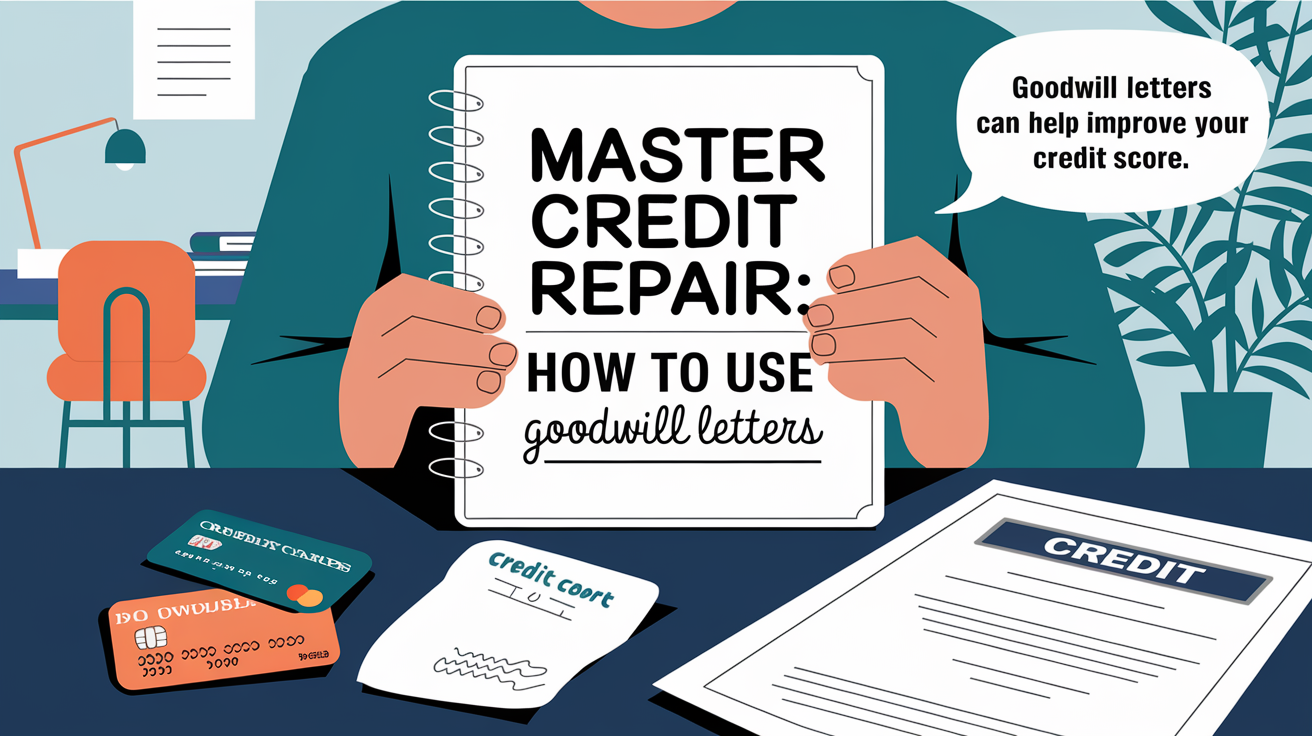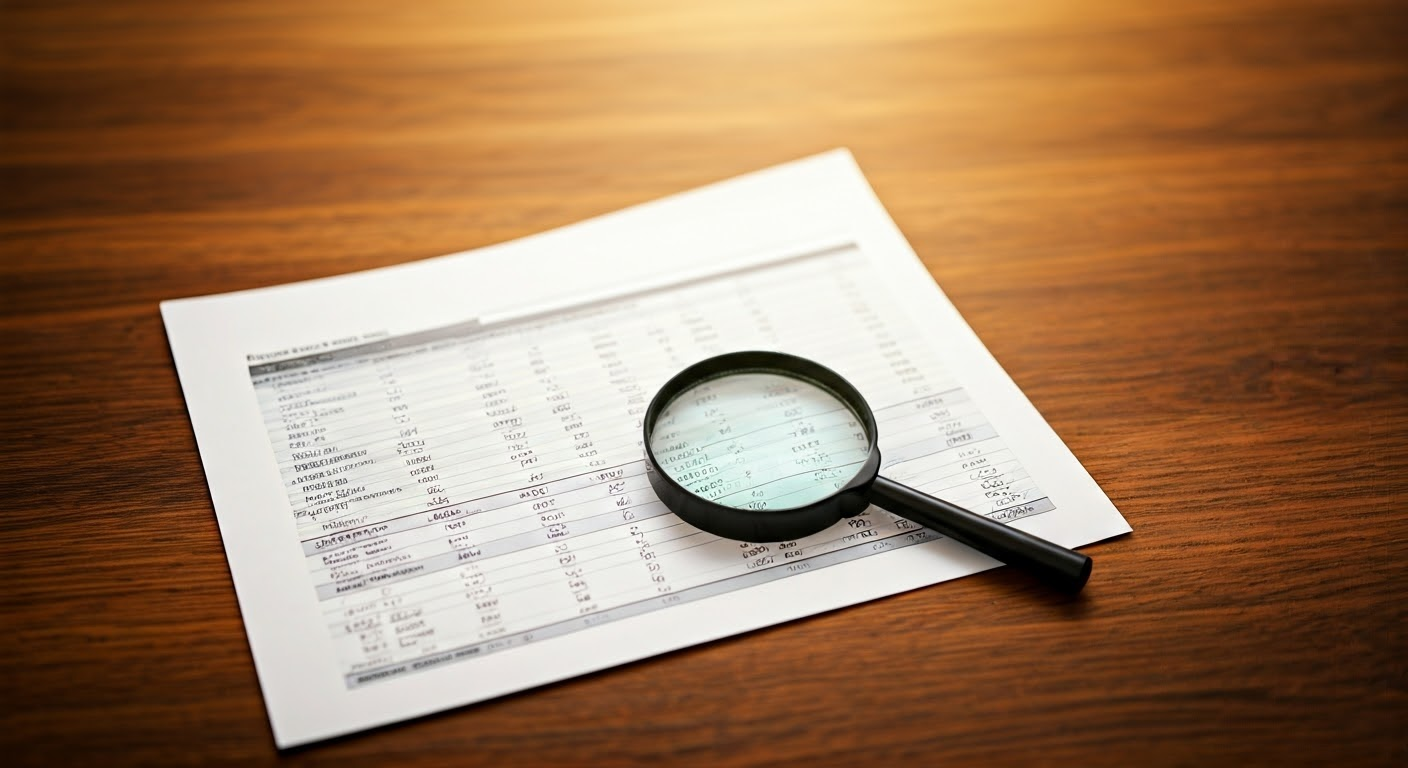How To Repair Credit Yourself?
It is quite challenging to have bad credit. It narrows down opportunities for things like obtaining loans, leasing an apartment, or having a credit card. The good news is that there are ways that you can make credit repairs on your own without having to deal with credit repair companies. It therefore goes without saying that with a little time and effort, one can enhance their credit score and therefore unlock opportunities. Here are some tips on how to repair your credit yourself.
Check Your Credit Reports
The first thing to do is to obtain your credit report copies so that you can check for mistakes. From the three credit reporting companies, namely Equifax, Experian, and TransUnion, you are entitled to one free credit report per year. Review each report thoroughly to check for errors such as the accounts listed as belonging to you, these are accounts that you know you have never opened, wrong balance, among others. When you find errors, report them to those credit bureaus with evidence. This can increase your score.
Pay Down Balances
This depends on your credit utilization – the difference between what you owe and your total credit limit. This should be kept well below 30%, according to most advisors. To improve the ratios, one should pay off the balances, especially on revolving accounts such as credit cards. Always make a payment of more than the minimum amount every month and be keen on the payment of higher balance cards. This can give you a nice boost in your score.
Become an Authorized User
One of the ways that you can legally use another person’s good credit is to be an authorized user of his credit card. Ensure that they are of good credit standing and have minimal balances. It is reported that they make positive payments, and they can boost your score. However, it is important to ensure that one does not go overboard with the use of the card by avoiding charges close to the given credit limits.
Dispute Credit Report Errors
If you do come across any negative mark that is wrong or outdated on your report, then you should file a dispute. Some of the usual mistakes that may comprise closed accounts being reported as open, accounts belonging to other people, the payable amount for late payments, and so on, and dispute letters to the bureaus along with the supporting proofs. If such errors are proven to exist, they need to be withdrawn or rectified, which will improve your score.
One of the major rules was to pay the bills early or on time.
It is the most critical factor that determines your credit score, as it shows how you have managed your payments. You should also put up for automatic check-off or place reminders on your calendar so that you do not pay any bill at the wrong time or fail to pay it as agreed. The best thing that one could do is to get current and then ensure all bills are paid early or on time if they had been payment delinquent in the past. This responsible payment behavior will gradually increase your credit score in the long run.
Limit New Credit Applications
It is quite logical to desire more loans or more cards in the process of credit rebuilding. However, every credit application leads to a hard inquiry on the credit report. When multiple hard inquiries have been made on credit reports within a relatively short time, the credit risk is considered high, and this will lower your credit score. Limit the number of credit applications to 2 or 3 times per year or less while building credit.
Boost Your Credit Mix
Having diverse kinds of credit and being able to prove that you can manage them well, including installment loans, credit cards, mortgages, etc., is always good for your credit profile – if you previously had credit variety but lost it, you should try to re-establish it. Getting approved for 1 or 2 new types of credit occasionally is right once reports are clear and the other scores rise.
Consider Secured Cards
If the scores are very low, then you may need to begin with something simpler first. Secured credit cards come with a refundable cash deposit that acts as collateral to back your credit limit. Bill in small amounts every month and recover the balances regularly and responsibly. After 6-12 months, one can upgrade to a standard unsecured credit card to rebuild credit further.
Be Patient
Certain negative entries, such as bankruptcies and foreclosures, are legally allowed to be reported for up to 10 years. Over time, its score value decreases, which can be attributed to various factors such as poor health, increased age, and other factors. These negative effects can be balanced by showing responsible credit behavior- low credit utilization, paying bills on time, owning several types of credit, etc. Focus on the positive and be hopeful. By doing all the hard work in seeking self-credit repair, you will be rewarded with good results.
Fixing your credit rating may not happen overnight, but it is entirely possible to do so. You also need to track your progress scores, and one of the tools that can be used which is free is CreditKarma. Be persistent and proactive. Taking steps to rectify previous errors and managing credit properly in the future will help your scores start moving up once more. Take advantage of this and apply for better credit and loans with lower interest rates. It is possible to fix your credit on your own – if you’re willing to devote the time and effort, the long-term savings are priceless.
Ready to boost your credit score? Call +1 888-804-0104 now for the best credit repair services near you! Our expert team is here to help you achieve financial freedom and improve your credit. Don't wait—get started today!



